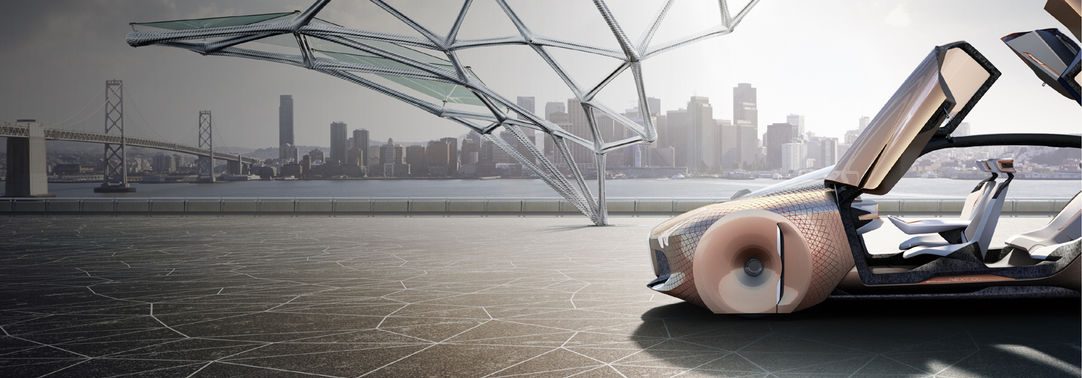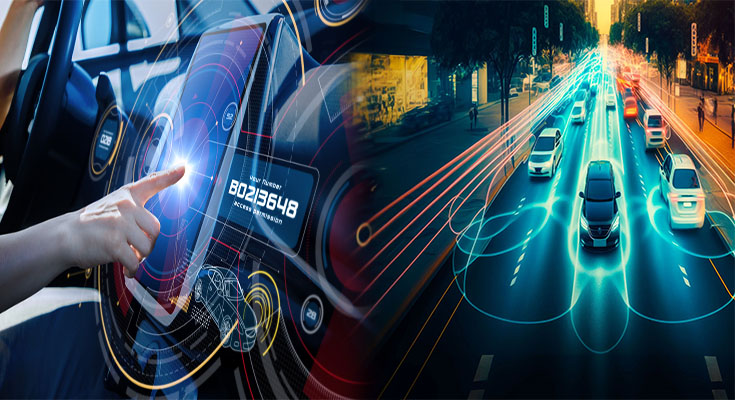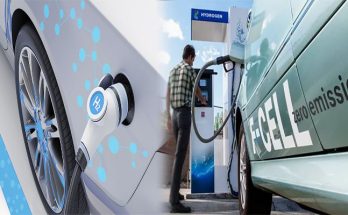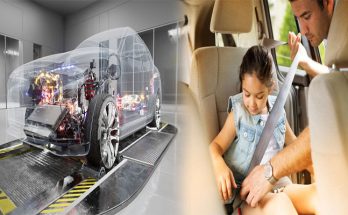In recent years, smart car connectivity has emerged as a game-changer in the automotive industry, transforming the way we interact with our vehicles and enhancing the overall driving experience. As technology continues to advance at a rapid pace, the future of smart car connectivity looks even more promising, with exciting trends shaping the way we drive.
1. 5G Connectivity:
One of the most significant trends in smart car connectivity is the integration of 5G technology. With its ultra-fast speed and low latency, 5G connectivity enables real-time data transfer, enhancing driver safety and convenience. From streaming music and videos to accessing navigation services and receiving over-the-air updates, 5G connectivity is set to revolutionize the way we stay connected in our vehicles.
2. Internet of Things (IoT) Integration:
The integration of IoT technology in smart cars is another trend that is gaining momentum. By connecting various devices and sensors within the vehicle, IoT enables seamless communication between different systems, providing valuable insights into vehicle performance and driver behavior. From monitoring fuel efficiency to predicting maintenance needs, IoT integration enhances the overall driving experience and improves vehicle functionality.
3. AI-Powered Virtual Assistants:
AI-powered virtual assistants are becoming increasingly popular in smart cars, providing drivers with personalized assistance and enhancing the in-car entertainment experience. These virtual assistants can perform a variety of tasks, from adjusting climate control settings to providing real-time traffic updates and recommendations. By leveraging AI technology, smart car connectivity is taking interactivity to a whole new level, making driving safer and more enjoyable.
4. Enhanced Vehicle-to-Infrastructure Communication:
Smart car connectivity is also driving the development of enhanced vehicle-to-infrastructure communication systems, enabling vehicles to communicate with traffic signals, road signs, and other infrastructure elements. By exchanging real-time data with the surrounding environment, vehicles can optimize route planning, reduce traffic congestion, and improve overall road safety. This trend highlights the potential of smart car connectivity to transform transportation systems and create more efficient and sustainable mobility solutions.
5. Data Security and Privacy Measures:
As smart car connectivity becomes increasingly prevalent, ensuring data security and privacy is becoming a top priority for both manufacturers and consumers. With the collection of vast amounts of data from smart cars, there is a growing need to implement robust cybersecurity measures to protect sensitive information from potential threats. From encryption technologies to secure data storage solutions, addressing data security concerns is essential to building trust and confidence in smart car connectivity.
Smart car connectivity is driving a wave of innovation in the automotive industry, with exciting trends reshaping the way we drive. From 5G connectivity and IoT integration to AI-powered virtual assistants and enhanced vehicle-to-infrastructure communication, the future of smart car connectivity holds immense potential for enhancing driver safety, convenience, and overall driving experience. As technology continues to evolve, we can expect to see even more groundbreaking developments that will further revolutionize the way we interact with our vehicles on the road.





